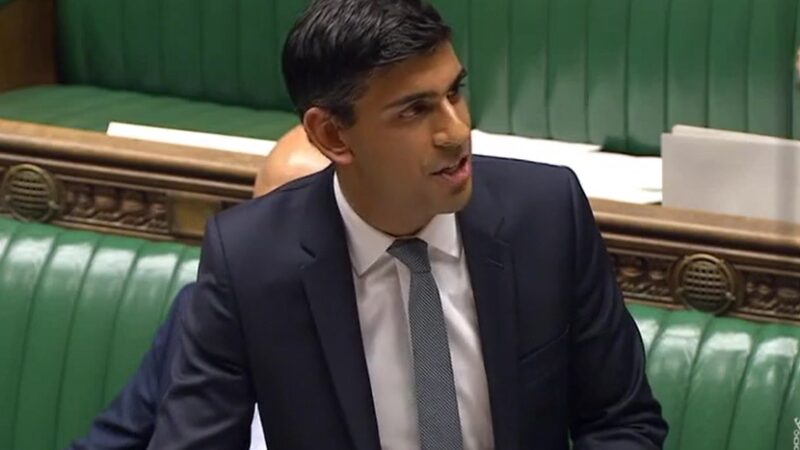The Joseph Rowntree Foundation says that the universal credit cut will impose the ‘biggest overnight cut to the basic rate of social security since the foundation of the modern welfare state.’

The government’s decision to cut the £20 uplift to universal credit breaks international human rights law, according to a UN envoy.
Speaking to the Guardian, Olivier De Schutter, the UN-appointed rapporteur on extreme poverty, also warned that the cut could lead to a significant increase in poverty.
In a letter to the government, he reminded Boris Johnson’s adiminstration that it was a signatory to the international covenant of economic, social and cultural rights, which means that the government must adequately justify “retrogressive measures” by carrying out a formal impact assessment. It would also need to show that the decision is reasonable and proportionate.
The letter says: “Taking into account these criteria, perhaps your excellency’s government may wish to reconsider the proposed cut, since it is prima facie doubtful whether the removal of the £20 uplift is a measure that conforms to international human rights law and standards”.
He also warned that the government’s decision to cut the uplift would mean millions would be unable to afford food or pay essential bills.
The Joseph Rowntree Foundation says that the universal credit cut will impose the ‘biggest overnight cut to the basic rate of social security since the foundation of the modern welfare state.’ The charity also says that around 5.5 million low-income families will lose £1,040 from their annual income, pushing 500,000 people into poverty – including 200,000 children. Over 400 constituencies are set to see over one in three working-age families with children hit by the cut.
Even six Conservative former work and pensions secretaries have opposed the government’s plans and urged chancellor Rishi Sunak to make the £20-a-week Universal Credit uplift permanent.
The uplift was brought in, in response to the pandemic and is due to end on October 6. The government says that the uplift is not a long term solution and that the priority should be on getting people into work, however this completely overlooks the fact that fewer than half of universal credit claimants are seeking employment, with 39% already working and a further 18% not expected to work due to disability, or because they are a carer or the parent of a young child.
Charities have also warned of a rise in demand for foodbanks should the uplift be scrapped.
A Government Spokesperson said: “Universal Credit is supporting 6 million people and will continue to provide a comprehensive, vital safety net for those both in and out of work.
“As announced by the Chancellor at the Budget, the Universal Credit uplift was always a temporary measure designed to help claimants through the financial disruption of the toughest stages of the pandemic – it has done so, and it’s right that the Government should focus on its Plan for Jobs, supporting people back into work and supporting those already employed to progress and earn more.”
Basit Mahmood is co-editor of Left Foot Forward
To reach hundreds of thousands of new readers we need to grow our donor base substantially.
That's why in 2024, we are seeking to generate 150 additional regular donors to support Left Foot Forward's work.
We still need another 117 people to donate to hit the target. You can help. Donate today.



